Lecturers
Prof. Nicolai Cramer CH (Ecole Polytechnique Fédérale de Lausanne)
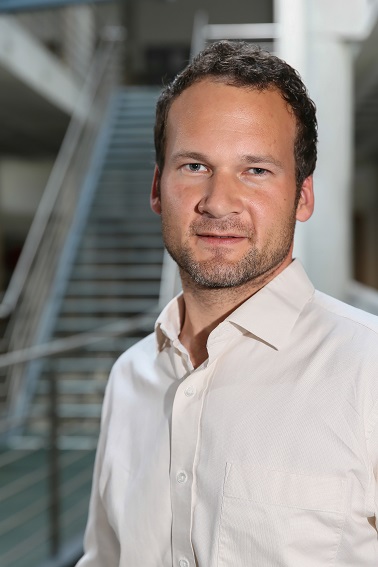
Biography: Dr. Nicolai Cramer was born in Stuttgart, Germany. From 1998-2003, he studied chemistry at the University of Stuttgart and earned his PhD in 2005 under the guidance of Professor Sabine Laschat. After a research stage at Osaka University, Japan, he joined the group of Professor Barry M. Trost at Stanford University as a postdoctoral fellow in 2006. From 2007 on, he worked on his habilitation at the ETH Zurich associated to the chair of Professor Erick M. Carreira and recieved the venia legendi in 2010. In 2010, he started as Assistant Professor at the EPF Lausanne and was promoted to Associate Professor in 2013 and to Full Professor in 2015. His main research program encompasses enantioselective metal-catalyzed transformations and their implementation for the synthesis of biologically active molecules.
Email: nicolai.cramer@epfl.ch
Website: https://www.epfl.ch/labs/lcsa/cramer/
Prof. Andreas Gansäuer DE (University of Bonn)
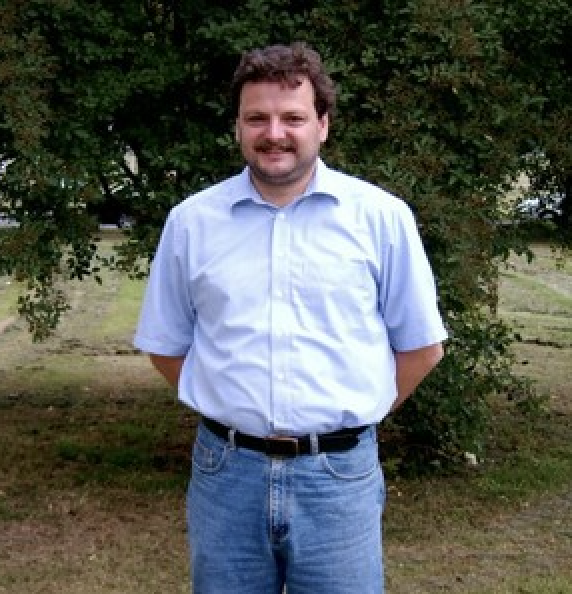
Biography: Andreas Gansäuer was born in Paris and studied chemistry at the Universities of Bonn and Oxford. He obtained his PhD in the group of Prof. Reetz at the MPI für Kohlenforschung. After a postdoctoral position in the group of Prof. Trost at Stanford University, he completed his habilitation with Prof. Brückner. After a short time in Freiburg, he became professor of organic chemistry at the University of Bonn in 2000 and stayed there ever since. His research interests include radical chemistry and catalysis.
Email: andreas.gansaeuer@uni-bonn.de
Website: https://www.chemie.uni-bonn.de/oc/forschung/arbeitsgruppen/ak_ga/gruppe/...
Prof. Michael Gratzel CH (Ecole Polytechnique Fédérale de Lausanne)
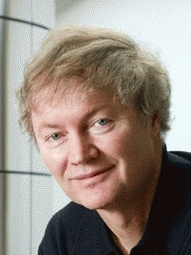
Biography: Professor of Physical Chemistry at the Ecole polytechnique fédérale de Lausanne (EPFL) Michael Graetzel, PhD, directs there the Laboratory of Photonics and Interfaces. He pioneered research on energy and electron transfer reactions in mesoscopic systems and their use to generate electricity and fuels from sunlight. He invented mesoscopic injection solar cells, one key embodiment of which is the dye-sensitized solar cell (DSC). DSCs are meanwhile commercially produced at the multi-MW-scale and created a number of new applications in particular as lightweight power supplies for portable electronic devices and in building integrated photovoltaics. They engendered perovskite solar cells (PSCs) which turned into the most exciting break-through in the history of photovoltaics. He received a number of prestigious awards, of which the most recent ones include the RusNANO Prize, the Zewail Prize in Molecular Science, the Global Energy Prize, the Millennium Technology Grand Prize, the Marcel Benoist Prize, the King Faisal International Science Prize, the Einstein World Award of Science and the Balzan Prize. He is a Fellow of several learned societies and holds eleven honorary doctor’s degrees from European and Asian Universities. His over 1500 publications have received some 220’000 citations with an h-factor of 218 (SI-Web of Science) demonstrating the strong impact of his scientific work.
Email: michael.graetzel@epfl.ch
Website: https://people.epfl.ch/michael.graetzel?lang=en
Prof. Antoni Llobet E (ICIQ Institute of Chemical Research of Catalonia)
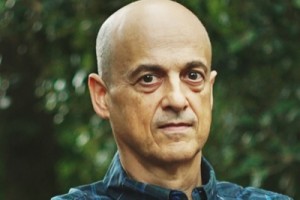
Biography: Antoni Llobet was born in Sabadell (Barcelona) in 1960. He obtained his PhD at the Universitat Autònoma de Barcelona (UAB) with Prof. Francesc Teixidor in July 1985, and then moved to the University of North Carolina at Chapel Hill for a postdoctoral stay with Prof. Thomas J. Meyer, until the end of 1987. After a short period again at UAB and at University of Sussex-Dow Corning (UK) he then became Scientific Officer for the Commission of the European Communities, based in Brussels, Belgium (1990-1991). Then he was appointed Senior Research Associate at Texas A&M University in College Station (USA) from 1992 till 1993, working with the groups of Prof. Arthur E. Martell and Donald T. Sawyer. From 1993 till 2004 he joined the faculty of the Universitat de Girona where he was promoted to Full Professor in 2000. At the end of 2004 he joined the faculty of UAB also as Full Professor. In September 2006, he was appointed as Group Leader at the Institute of Chemical Research of Catalonia (ICIQ) in Tarragona. His research interests include the development of tailored transition metal complexes as catalysts for selective organic and inorganic transformations including the oxidation of water to molecular dioxygen, supramolecular catalysis, the activation of C-H and C-F bonds, and the preparation low molecular weight complexes as structural and/or functional models of the active sites of oxidative metalloproteins. In 2000 he received the Distinction Award from Generalitat de Catalunya for Young Scientists. In 2011 he got the Bruker Prize in Inorganic Chemistry from the Spanish Royal Society of Chemistry (RSEQ) and in 2012 the “Hermanos Elhuyar-Hans Goldschmidt” lecture jointly by RSEQ and the German Chemical Society (GDCh). In 2018 he has been awarded with the “Animesh Chakravorty” Endowment Lecture by the Chemical Research Society of India (CRSI) and the “Alexander von Humboldt Research Award” for a career achievement by the Humboldt Foundation from Germany. At present he is a member of the Editorial Advisory Board of “Catalysis Science and Technology” from the Royal Society of Chemistry, “Inorganic Chemistry” from the American Chemical Society and “European Journal of Inorganic Chemistry” from Wiley-VCH.
Email: allobet@iciq.cat
Website: https://www.iciq.org/research/research_group/prof-antoni-llobet/section/...
Prof. Ingrid Montes Gonzalez PR (University of Puerto Rico-Rio Piedras Campus)
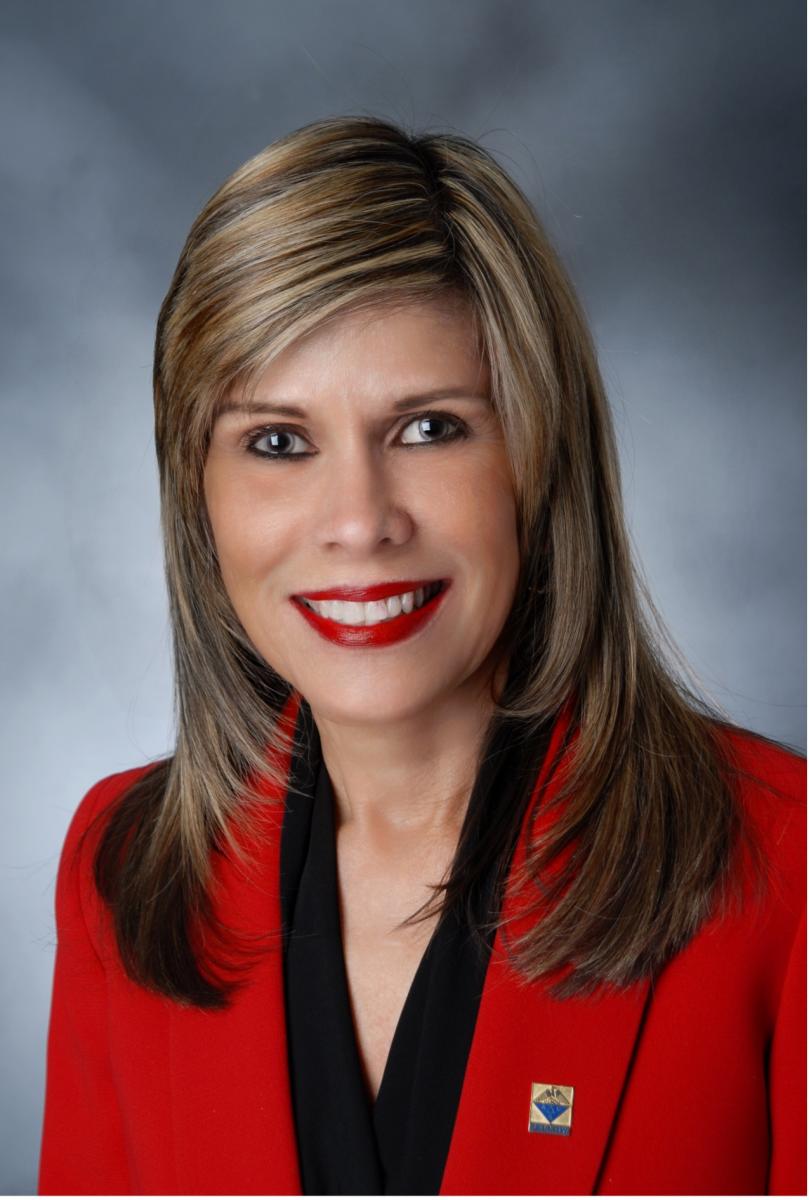
Biography: Dr. Ingrid Montes, received her Ph.D. in organic chemistry at the University of Puerto Rico-Rio Piedras Campus. She has two current areas of research: organometallic chemistry and chemical education. Through her research and volunteer service, she has contributed to Chemistry, Chemical Education, and Community outreach in Puerto Rico, Latin America, and the world. She has been extremely active at the national, state and local level in the chemistry profession, active in leadership, governance, and programming. She is Director-at-Large, American Chemical Society (ACS) Board of Directors. She is the founder of the Chemistry Festivals, a program adopted by ACS and that has been held around the world. She is also co-founder and coordinator for the Spanish webinar series of the American Chemical Society and Mexican Chemical Society. She is an American Chemical Society and IUPAC (International Pure and Applied Chemistry) Fellow. She has received many recognitions In Puerto Rico, USA and internationally. Last year, she was selected as one of the 100 inspiring Hispanic /Latinx scientists in America.
Email: ingrid.montes2@upr.edu
Website: https://natsci.uprrp.edu/chemistry/ingrid-montes/ http://ingridmontes.org
Prof. Oliver Reiser DE (University of Regensburg)
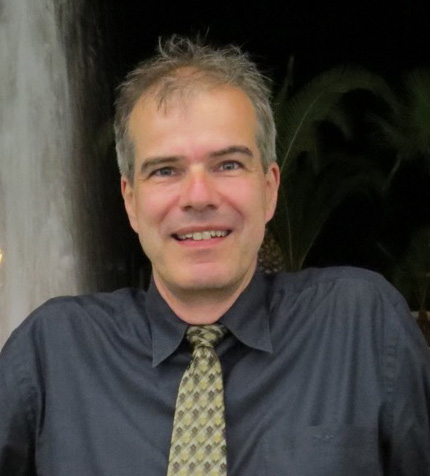
Biography: Oliver Reiser, born August 11, 1962 in Hamburg, studied chemistry at the universities of Hamburg, Jerusalem and Los Angeles (UCLA). He obtained his PhD in 1989 at the University of Hamburg working on New Synthetic Stratgies toward Polycyclic Aromatic π-Systems and their Metal Complexes with Parallel and Orthogonal constrained Subunitsin the group of Prof. Dr. A. de Meijere. He spent 2.5 years as a postdoctoral fellow with Dr. R. Miller, IBM Research Center, San Jose, USA and with Prof. Dr. D. A. Evans, Harvard University, Cambridge, USA. In 1992 he moved to the Universität Göttingen as assistant professor working in the field of stereoselective synthesis and catalysis taking under special consideration the application of high pressure in liquid phases. In 1994 he was a visiting assistant professor at Harvard University, and in 1995 he became adjunct professor at the University of Göttingen. In 1996 he moved to the Universität Stuttgart as associate professor. In November 1997 he moved to the Universität Regensburg as full professor. He received fellowships from the Studienstiftung des Deutschen Volkes, the Minerva foundation, the NATO, the Deutschen Forschungsgemeinschaft and the Karl Winnacker Stiftung.
Email: oliver.reiser@chemie.uni-regensburg.de
Website: http://www-oc.chemie.uni-regensburg.de/reiser/mitarbeiter/cv_or_e.html
Prof. Anna Trzeciak PL (University of Wrocław)
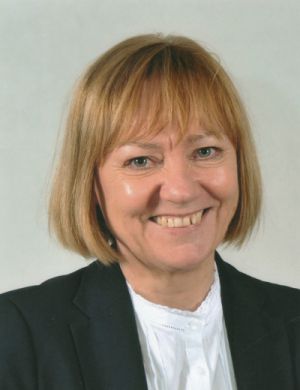
Biography: Anna Trzeciak received her PhD (1981) in chemistry at the University of Wrocław and she was post-doctoral fellow in the group of prof. W. Keim at the RWTH Aachen for one year. Since 1995 professor of inorganic chemistry at the University of Wroclaw, full professor since 2006. Her research interest includes coordination and organometallic chemistry, homogeneous and heterogenized metal complex catalysis, nanocatalysis. Mechanistic studies of catalytic reactions, mainly with rhodium and palladium. Author of ca.180 peer-reviewed papers, cited over 4000 times, h index: 34. Supervisor of 11 doctors (PhD) in chemistry.
Member of International Advisory Board of International Symposium on Homogeneous Catalysis, fellow of the Royal Society of Chemistry, member of the American Chemical Society, member of Editorial Board of ChemCatChem and Eur. J. Inorg. Chem. She is leader of Metal Complex Catalysis and Coordination Chemistry Research Group at the Faculty of Chemistry University of Wroclaw and head of Inorganic Chemistry Teaching Department. Co-chairman of international conferences – Summer School on Coordination Chemistry organized in Poland in 1996 - 2004, International Symposium on Homogeneous Catalysis in Poznań (2010). Chairman of the Symposium “Nanoparticles in Catalysis” in Wrocław (2010) and 3rd EuCheMS Inorganic Chemistry Conference in Wroclaw (2015).
Email: anna.trzeciak@chem.uni.wroc.pl
Website: https://profile.chem.uni.wroc.pl/api/pl/profile/117
Prof. Sebastian Kozuch IL (Ben-Gurion University of the Negev)

Biography: Sebastian Kozuch was born in Argentina, and studied his first chemical degree at the University of Buenos Aires. Then he moved to Jerusalem to do an MSc and PhD with Sason Shaik, and then a first postdoc at the Weizmann Institute with Jan Martin. After that he went to the University of North Texas for a second postdoc with Wes Borden. In 2014 he moved to Ben-Gurion University of the Negev and in 2018 he became associate professor.
Email: kozuch@bgu.ac.il
Website: https://www.bgu.ac.il/~kozuch/index.html


